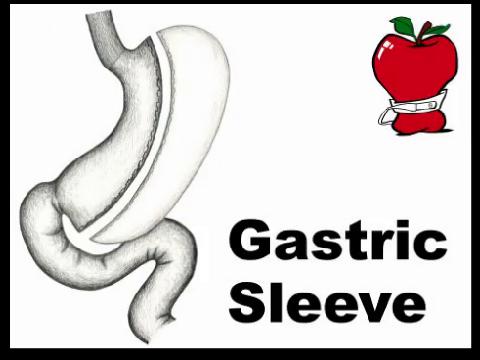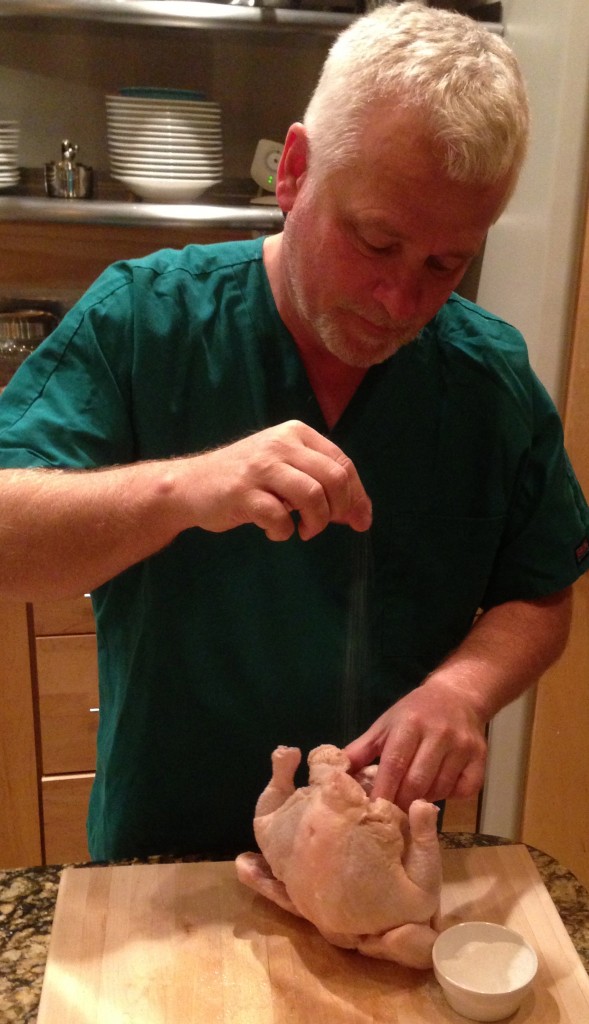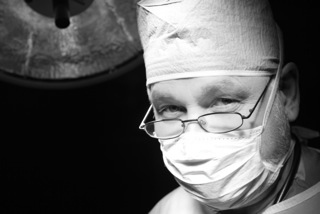The five year study looking at the gastric sleeve showed that about half of the patients regained their weight after five years. Specifically A total of 443 LSGs were performed. Complete data were available for 54% of patients at the 1-year follow-up, for 49% of patients at the 3-year follow-up, and for 70% of patients at the 5-year follow-up. The percentage of excess weight loss was 77%, 70%, and 56% at years 1, 3, and 5, respectively; complete remission of diabetes was maintained in 51%, 38%, and 20%, respectively, and remission of hypertension was maintained in 46%, 48%, and 46%, respectively.

The gastric sleeve surgery, currently the most popular weight loss operation in the United States, is based on removing a great portion of the stomach.
What the report doesn’t answer is what happened to those who had regained weight – and what was the difference between those who were successful?
In my practice we monitor a group of successful patients, and those who don’t succeed – and there are a few striking differences:
- Of the successful patients over 85% of them cook. The patient cooks, not the spouse, not the parent, the patient. Less than 10% of them cooked before they had weight loss surgery.
- Of the successful patients about 75% of them exercise at least three times a week
- When you look at the successful patients the food they eat today does not look anything like the food they ate before surgery.
Contrast that with patients who, after five years, are not successful with weight loss surgery:
- Less than 10% of the unsuccessful patients cook, and most of them go out for their meals
- Less than 20% of them engage in some form of exercise
- When examining food journals from before surgery and after surgery about 80% of the meals are similar – no change in what they ate.
It isn’t the operation that means a patient is successful or not – it is what they do with it.
Weight loss surgery is a tool, and often the tool is given without an instruction manual. Our plan for our patients is simple, and based on biochemistry. If you wish to have weight loss surgery the answer is to learn to cook, base meals upon a ketogenic diet (or Paleolithic) and begin to move. That works.
Original article appeared in JAMA Surgery


